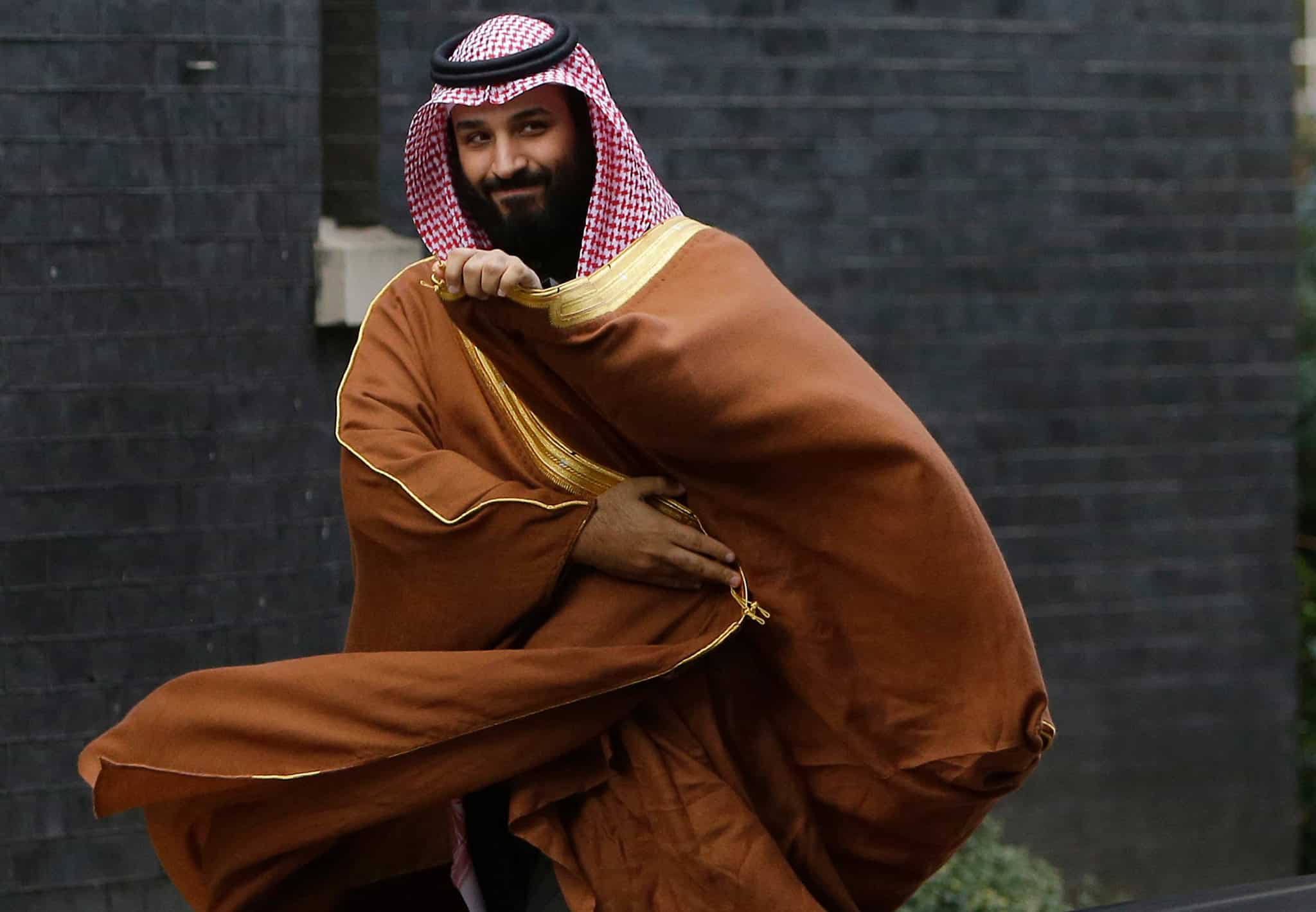The United States has hinted that more Arab nations could take steps to improve ties with Israel, ahead of President Joe Biden’s trip to the Middle East.
All eyes are on Saudi Arabia, which Biden will visit in mid-July.
However, despite the recent signs of a US-Saudi rapprochement, analysts say it is improbable Riyadh will agree to diplomatic ties with Israel — not during Biden’s visit or while King Salman, 86, still reigns.
The king’s official policy is that there should be no peace with Israel until it withdraws from occupied territories and accepts Palestinian statehood.
Biden’s visit will likely focus on convincing the world’s biggest crude exporter to boost its oil output.
Here are some questions and answers about the possibility of a normalization deal between Saudi Arabia and Israel:
What are the signs?
Saudi’s Crown Prince Mohammed bin Salman has said Israel was a “potential ally, with many interests that we can pursue together”, state media reported in March, attributing the statement to an interview with The Atlantic.
Additionally, the kingdom never showed any opposition when its regional ally, the United Arab Emirates, established diplomatic ties with Israel in 2020, followed by Bahrain and Morocco under the US-brokered Abraham Accords.
In January 2021, Sudan’s transitional government also agreed to do so but the northeast African country has yet to finalize the deal.
Saudi Arabia also at the time allowed direct flights from the Emirates to Israel to travel through its airspace, in another implicit sign of approval.
Biden, who will also visit Israel, is to travel directly from the Jewish state to Saudi Arabia, becoming the first US president to fly from there to an Arab nation that does not recognize Israel.
In 2017 his predecessor, Donald Trump, made the journey in reverse.
In recent months, Saudis have taken to social media to express their support for normalization, which would be a shift from the kingdom’s long-standing pan-Arab policy to isolate Israel until the conflict with the Palestinians is resolved.
Esawi Frej, Israel’s minister of regional cooperation, told Saudi newspaper Arab News earlier in June that Riyadh would be “central” to any solution to the Israeli-Palestinian conflict.
The Axios news website reported, also this month, that the United States was working on a “road map” for normalization between Israel and Saudi Arabia, while The Wall Street Journal said the region’s two most influential nations were engaging in secret economic and security talks.
Is it the right time?
Dan Shapiro, who served as former US president Barack Obama’s ambassador to Israel, told AFP he expects Biden’s trip can produce “some important steps” towards Saudi diplomatic recognition of Israel, “probably not full normalization, but a road map that leads in that direction”.
Kristian Ulrichsen of Rice University’s Baker Institute said full diplomatic ties are likely only when Prince Mohammed becomes king.
“In the meantime, we are likely to see a continuation of the current approach of normalizing the idea that Saudi Arabia and Israel are not enemies but share certain regional and geopolitical interests,” he told AFP.

